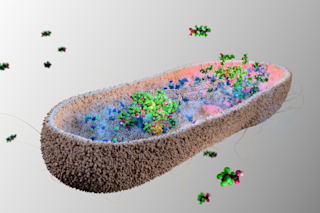Three years ago, a virus called XMRV (xenotropic murine leukemia virus–related virus) made headlines when a researcher flagged it as a potential cause of chronic fatigue syndrome, attaching a concrete cause to a mysterious disease. Earlier work hinted that XMRV causes prostate cancer as well. But last year the case fell apart, as the virus was cleared on both counts by two separate studies, both published on September 18.
Soon after Judy Mikovits, then a researcher at the Whittemore Peterson Institute for Neuro-Immune Disease in Reno, Nevada, published her original 2009 results in Science, other researchers failed to replicate her findings and started raising concerns. So Columbia University virus hunter W. Ian Lipkin coordinated with three separate labs to determine conclusively whether XMRV is linked to chronic fatigue. The investigation found no evidence of the retrovirus in any of the study's 293 subjects, whether they had chronic fatigue syndrome or not.
In fact, an independent study had concluded that XMRV was the result of the recombination of two mouse proviruses sometime between 1993 and 1996—an artifact, not a real virus. It is likely that the studies originally connecting XMRV to human disease used samples that were contaminated with the lab-generated virus.














